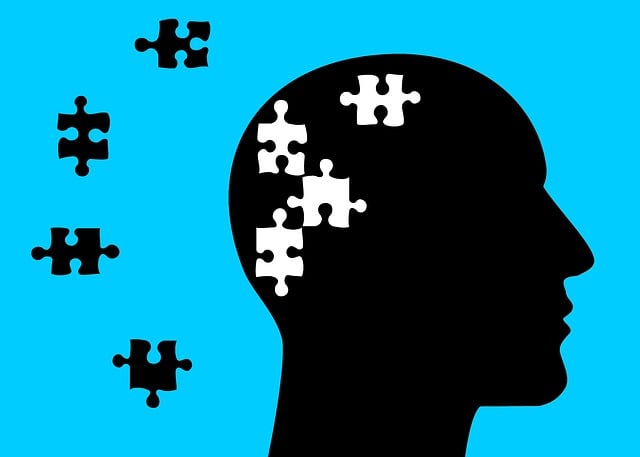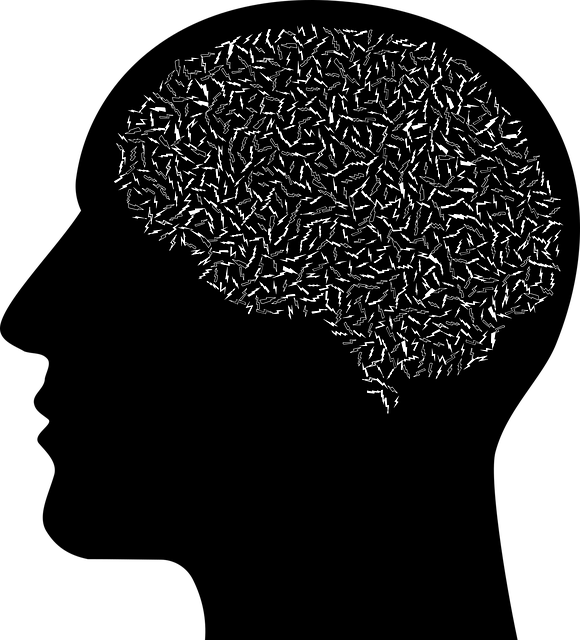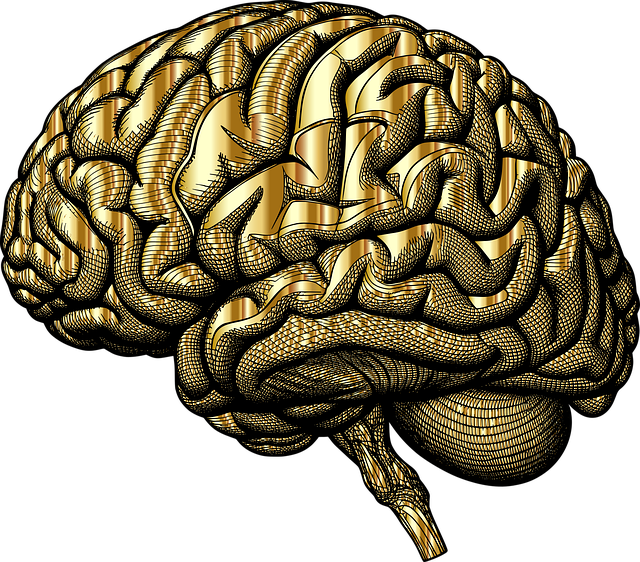Adolescent stress, driven by academic pressures, social expectations, and identity formation, requires a nuanced approach. Key strategies include recognizing triggers through mental health evaluations, implementing evidence-based therapies like CBT, trauma-informed care, and integrating self-care practices. Cultural competency training ensures support is sensitive to individual backgrounds. Coaching programs and education initiatives equip teens with coping strategies, fostering resilience and overall mental wellness. By addressing stigma and promoting open communication, these holistic approaches improve mental health evaluations for adolescent teens.
“In today’s fast-paced world, stress management is an essential skill for adolescent teens navigating their mental health. This article explores effective strategies to empower young individuals with tools to cope with daily pressures. We delve into understanding the unique stressors faced by teens, offering insights on identifying triggers and common sources of anxiety. Additionally, evidence-based techniques are highlighted, providing a practical guide for educators and parents. By implementing holistic self-care strategies, this resource aims to support teen mental health evaluations and foster resilience through tailored therapy approaches.”
- Understanding Adolescent Stress: Identifying Triggers and Common Sources
- Evidence-Based Techniques for Effective Stress Management Education
- Implementing Self-Care Strategies: A Holistic Approach to Teen Mental Health Support
Understanding Adolescent Stress: Identifying Triggers and Common Sources

Adolescent stress is a complex and multifaceted issue that requires a nuanced understanding to effectively manage. Teenagers often face a unique blend of academic pressures, social expectations, and identity formation challenges, all of which can contribute to significant levels of stress and anxiety. Recognizing these triggers is the first step towards helping them lead healthier lives. Common sources of adolescent stress include exams, peer relationships, family dynamics, and even excessive use of digital media.
Therapy for adolescent teens plays a pivotal role in identifying and addressing these stressors. Mental health evaluations can uncover underlying issues, allowing healthcare providers to tailor interventions accordingly. Incorporating cultural competency training into these evaluations ensures that the support offered is sensitive and relevant to the teen’s background and experiences. Additionally, the development of mental wellness coaching programs and designed mental health education initiatives can empower teens with coping strategies and promote resilience in managing stress.
Evidence-Based Techniques for Effective Stress Management Education

In today’s fast-paced world, equipping adolescents with effective stress management techniques is more crucial than ever for their overall well-being and mental health. Evidence-based approaches play a pivotal role in teaching young minds how to navigate stress and anxiety. One such powerful method is Cognitive Behavioral Therapy (CBT), which has been proven to significantly reduce symptoms of stress and depression in teens. CBT focuses on identifying and changing negative thought patterns, offering practical tools to challenge unhelpful beliefs and behaviors associated with stress.
Additionally, trauma-informed care practices have gained prominence as a vital component of stress management education. Providing safe spaces and fostering empathy-building strategies can aid adolescents in processing traumatic experiences and developing healthy coping mechanisms. By integrating these techniques into mental health evaluations, therapists can offer comprehensive support services tailored to individual needs. Moreover, addressing the stigma surrounding mental illness through innovative programs and community outreach initiatives ensures that young people receive the care they need without feeling isolated or ashamed.
Implementing Self-Care Strategies: A Holistic Approach to Teen Mental Health Support

Implementing self-care strategies is a holistic approach to supporting teen mental health. It involves encouraging adolescents to prioritize their well-being by adopting healthy habits and coping mechanisms. This can include regular exercise, adequate sleep, balanced nutrition, and mindfulness practices such as meditation or journaling. By teaching teens these skills, healthcare providers empower them to navigate stress and emotional challenges independently, fostering a sense of resilience and self-efficacy.
Mental wellness is enhanced when cultural competency training is integrated into therapy for adolescent teens. This involves understanding and respecting diverse backgrounds, beliefs, and experiences. A culturally competent approach ensures that mental health evaluations are sensitive to the unique needs of each teen, promoting trust and open communication. Additionally, boosting confidence through positive reinforcement and goal-setting can encourage teens to actively participate in their care, leading to better outcomes and improved overall mental wellness.
Stress management techniques teaching is a vital tool in supporting the mental health of adolescent teens. By understanding the common triggers and sources of stress, educators can effectively implement evidence-based strategies that foster holistic self-care. This approach not only empowers teens with coping mechanisms but also paves the way for improved therapy and mental health evaluations, ensuring they navigate life’s challenges with resilience.














